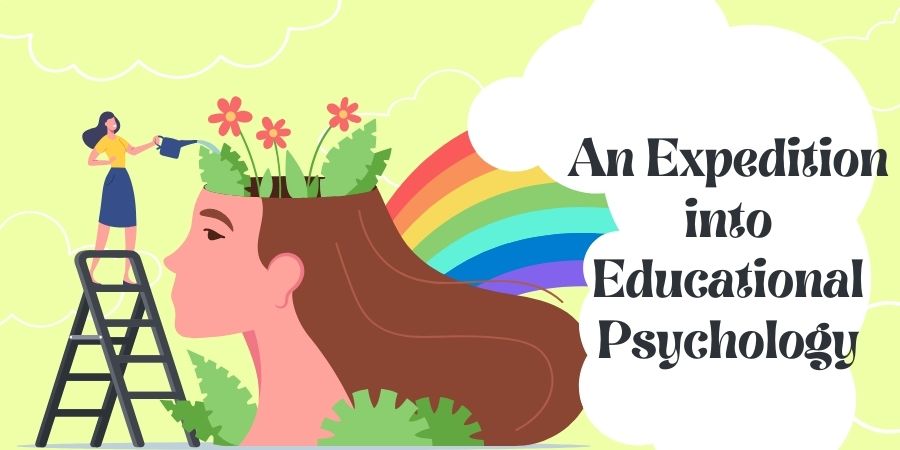Embarking on the journey of education is like stepping into a vast universe of discovery and growth. It’s not just about absorbing facts and figures; it’s about lighting the spark of curiosity, developing skills, and understanding the world around us. But have you ever stopped to think about what makes the learning process tick? What transforms an ordinary classroom session into a profound learning experience? This is where educational psychology comes into play, acting as a beacon that illuminates the complex processes behind human learning.
Imagine educational psychology as a bridge—a magnificent structure that connects the rich, theoretical principles of psychology with the artful practice of teaching. It ventures deep into the cognitive, emotional, and social dimensions that influence learning, equipping educators with a toolkit to refine the educational journey for every learner.
Let’s dive into the core elements of educational psychology and their transformative impact on education:
Learning Theories: The Compass of Education
Understanding how we learn is crucial for creating environments where learning thrives. Educational psychology introduces us to a spectrum of learning theories, from the reinforcement-focused behaviorism to the exploration-driven constructivism. Each theory offers unique insights, shaping teaching strategies that resonate with diverse learning styles.
Motivation and Engagement: The Fuel for Learning
Why do we learn? The answer lies in motivation—a core focus of educational psychology. It delves into what drives students, be it innate curiosity or the pursuit of mastery. Techniques such as goal setting and real-world applications can ignite engagement, turning learning into a lifelong adventure.
Cognitive Development: The Evolving Mind
As learners grow, so do their cognitive capabilities. Understanding these developmental milestones enables educators to tailor their teaching approaches, ensuring that challenges are just right—not too easy, not too hard, but perfectly aligned with the learner’s stage of cognitive development.
Individual Differences: Celebrating Diversity in Learning
Every learner is a unique tapestry of experiences, preferences, and styles. Educational psychology emphasizes the importance of acknowledging these differences, advocating for personalized learning paths that cater to the individual needs of each student.
Social and Emotional Learning (SEL): Beyond Academics
Education extends its reach beyond academic knowledge, embracing the development of crucial social and emotional competencies. SEL fosters resilience, empathy, and collaboration—skills essential for navigating life’s challenges.
Assessment and Measurement: Understanding Progress
How do we know learning has occurred? Educational psychology offers a variety of assessment techniques, enabling educators to gauge learning outcomes and adapt teaching strategies for enhanced effectiveness.
Technology in Education: A New Horizon
The digital revolution has transformed education, opening new avenues for learning. Educational psychology explores how technology can be harnessed to enrich the learning experience, making education more accessible and engaging.
Collaboration and Professional Development: The Educator’s Journey
The path of an educator is one of continuous learning. Educational psychology underscores the value of collaboration, encouraging the sharing of insights and strategies within the educational community to foster professional growth.
The influence of educational psychology extends far beyond the classroom walls. It informs educational policies, curriculum development, and teacher training, aiming to cultivate an educational ecosystem that nurtures the potential of every learner.
In traversing the fascinating landscape of educational psychology, we’re reminded that education is not about one-size-fits-all solutions. It’s about understanding the intricate dance of learning processes and leveraging this knowledge to create enriching, equitable learning opportunities for everyone. By continually exploring and applying the principles of educational psychology, we unlock the full potential of education, empowering learners to soar to new heights.




